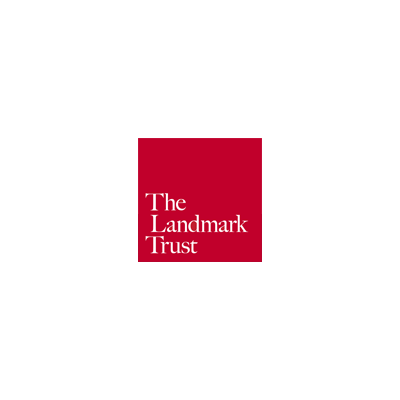The Landmark Trust is one of Britain's most successful and best-loved heritage organisations. It is an ambitious and dynamic charity which exists to serve two mutually supportive purposes: rescuing and restoring important imperilled historic buildings, and providing joy and inspiration to those who experience them.
Landmark’s core work since its foundation by John and Christian Smith in 1965 has involved taking on a small number of outstanding endangered historic buildings every year. After extensive research, planning and fundraising, each is repaired and revitalised with the greatest of care. These are ambitious and expensive projects, costing many millions of pounds, and involving the painstaking, skilled repair and adaptation of fragile listed buildings. Recent projects have included the complete restoration of a derelict Renaissance tower house in Inverness and the revival of the only surviving Semaphore Tower.
From the first the Landmark Trust has had a highly successful business engine at its heart. The vast majority of its c. £15m annual income comes from letting its buildings for holidays – a model which both gives year-round public access and provides the income to fund the charity, care for its buildings, and enable it to embark on important new projects. It does not normally receive any government or local authority funding.
Fitted out and furnished in the much-admired Landmark style, each restored building becomes a ‘Landmark’, available to anyone to rent. The charity now has some 200 buildings across the UK and a small number in Italy, employs over 500 people (many part-time) and has an annual occupancy rate of almost 90%. It also manages and cares for the unique and remarkable island of Lundy off the north coast of Devon, through its subsidiary The Lundy Company. The charity’s portfolio includes pavilions and long-houses, artillery forts and Gothic follies, clan chief’s castles and cotton weavers’ cottages, the homes of great writers and the creations of great architects, from Browning to Boswell, Pugin to Palladio.
As well as facilitating public access through letting its buildings for short stays, Landmark is committed to broadening its reach. It runs a range of engagement programmes, including education initiatives, free open days and free stays for beneficiaries of other charities.
While the income from letting the buildings pays for the running of the charity, fundraising plays a vital part in Landmark’s work, providing the funds for new building restoration projects. The Trust has received tremendous financial support over the years from a range of sources, including generous individuals, trusts and foundations and the National Lottery Heritage Fund.
